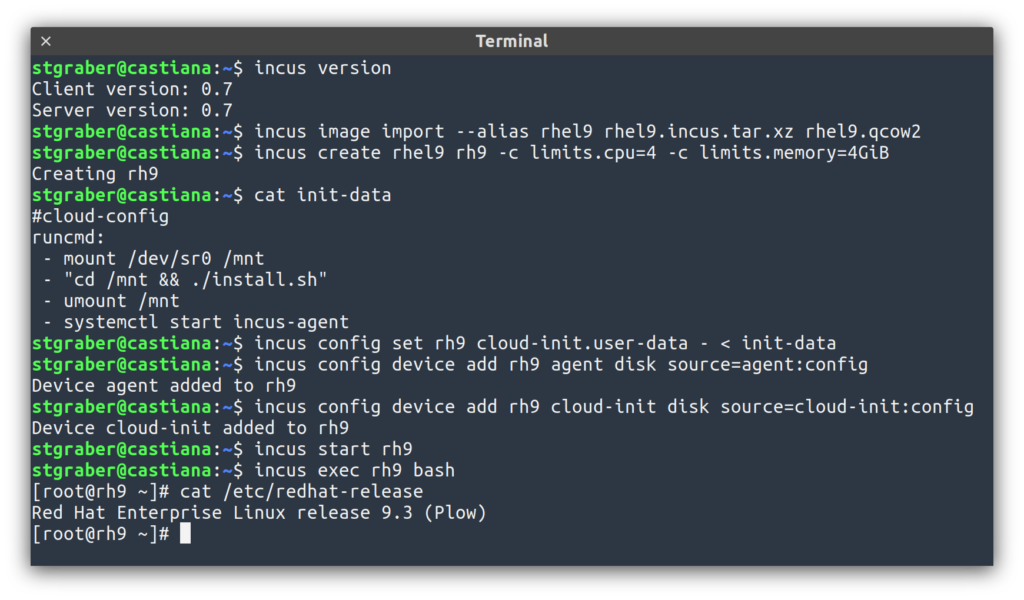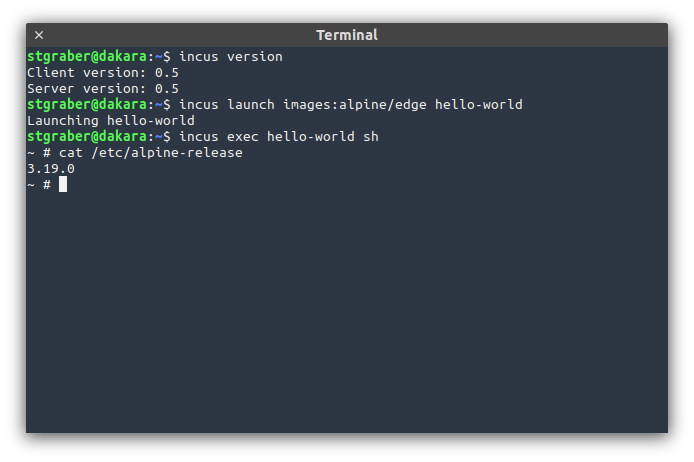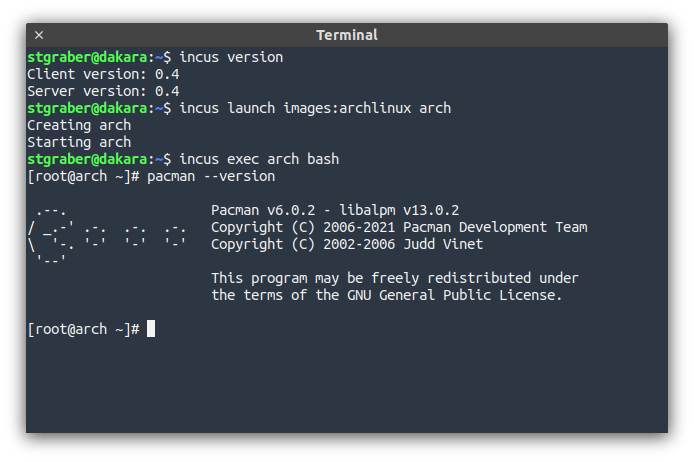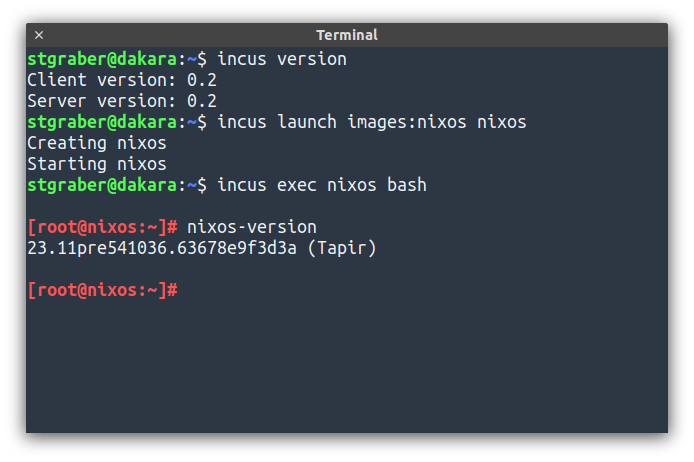The last Incus release before we go LTS has now been released!
This is quite the feature packed release as this is meant to include just about every features we want in Incus 6.0 LTS except for a few last minute minor additions.
You’ll find new features for just about everyone, from multi-cluster networking with the new network integrations, to enhanced performance on multi-socket servers with the improved NUMA support, to easier authentication with JSON Web Token support, to I/O limits for virtual machines and more USB passthrough options.

The full announcement and changelog can be found here.
And for those who prefer videos, here’s the release overview video:
You can take the latest release of Incus up for a spin through our online demo service at: https://linuxcontainers.org/incus/try-it/
And as always, my company is offering commercial support on Incus, ranging from by-the-hour support contracts to one-off services on things like initial migration from LXD, review of your deployment to squeeze the most out of Incus or even feature sponsorship. You’ll find all details of that here: https://zabbly.com/incus
Donations towards my work on this and other open source projects is also always appreciated, you can find me on Github Sponsors, Patreon and Ko-fi.
Enjoy!




 Github
Github Twitter
Twitter LinkedIn
LinkedIn Mastodon
Mastodon